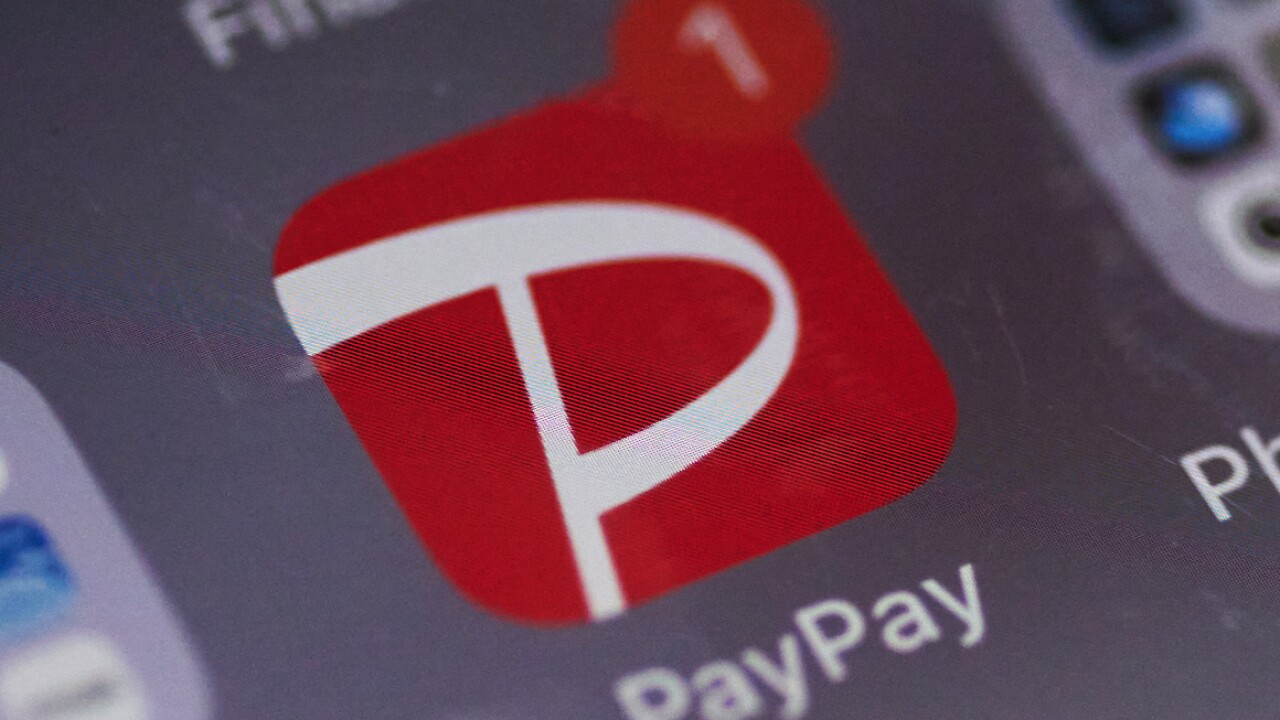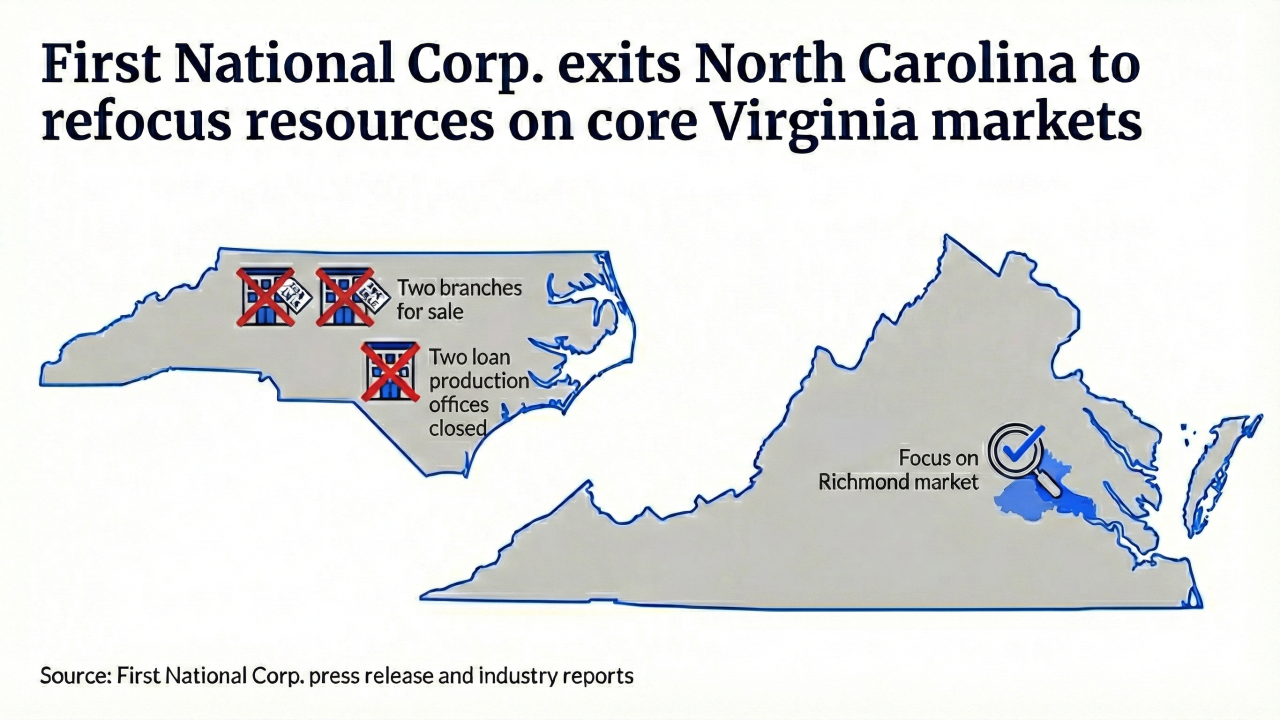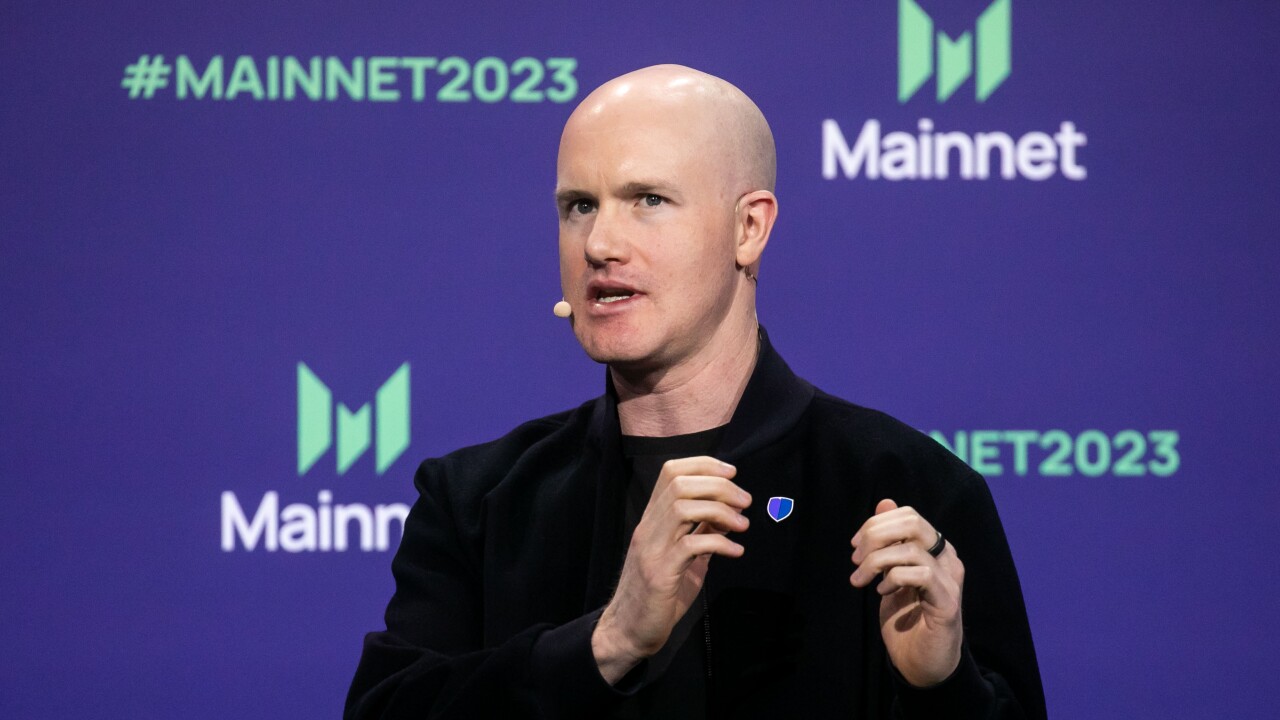ACI Worldwide Inc. and Fundtech Ltd. are squaring off in a protracted and very public tug of war over a combination with S1 Corp., and the prize could go to either company.
ACI's push to acquire S1 — over the vocal objections of the S1 board — is incompatible with S1's plan to merge with Fundtech. Whatever combination ultimately emerges, it will create a powerful new company that combines back-end payments capabilities with front-end online banking products and services, experts say.
Despite S1's emphatic rejections of ACI's repeated offers, a combination of the two companies remains a distinct possibility.
"I would consider the outcome a 50-50 probability [that ACI will acquire S1]," Gil Luria, a senior vice president at Wedbush Securities LLC., in Los Angeles, wrote in an email.
On Sept. 13, S1's board will formally answer ACI, of New York, which last week made a tender exchange offer directly to shareholders. And on Sept. 22, S1's shareholders are expected to vote on the proposed merger with Fundtech, an Israeli company with U.S. headquarters in Jersey City, N.J. S1 is based in Norcross, Ga.
ACI's Aug. 29 cash-and-stock exchange offer to S1's shareholders had a blended value of $9.44, based on that day's stock prices. With the stock market swinging into recession territory, there may be pressure from shareholders to accept the offer. ACI's earlier mid-July offer, which had a smaller cash portion, was worth $9.50 per S1 share, based on stock prices of that time.
"It is hard for shareholders to say 'No' to such a generous offer, but management and the board still have a lot of sway," Luria wrote.
S1 has gone to great pains to describe the Fundtech deal to shareholders as more harmonious than the ACI deal. The Fundtech merger, S1 argues, has more product and market synergies that would stretch around the globe, with particular strengths in the U.S., Western Europe, India, Africa, and Latin America.
By contrast, S1 stresses that an acquisition by ACI would skirt anti-trust laws that could ultimately damage S1 and its shareholders by interrupting business. The Fundtech merger, a stock-for-stock transaction valued at $320 million, was announced in June.
By going after S1, ACI is removing a major competitor from the market, says Enrico Camerinelli, a senior analyst for Aite Group LLC.
"S1 and Fundtech together is something that brings the biggest benefit, because they would work in tandem and collaboratively," Camerinelli says.
Instead, ACI might do better by going after Fundtech, which "has a much better knowledge of supply chain finance, which is where ACI is moving," Camerinelli says.
S1, by its own admission, says it has grown by taking market share away from ACI.
"A portion of S1's growth has come at ACI's expense," Johann Dreyer, S1's chief executive officer, wrote in an Aug. 21 letter to shareholders. (Representatives for all three companies would not provide comment for this story.)
Dreyer wrote that since 2009, S1 had signed 22 of ACI's customers, bringing S1 $21 million in revenue last year and $16.3 million in the first six months of 2011.
"Clearly, ACI fears a greater loss in business when facing an even stronger combined S1/Fundtech," Dreyer wrote.
Dreyer further wrote that the merger with Fundtech would be funded with cash, whereas the acquisition that ACI plans would rely on debt financing.
S1 has managed to grab market share away from ACI through its newer Postilion platform, which powers ATM and point of sale networks, says Stessa Cohen, research director of banking industry advisory services at Gartner Inc. in Stamford, Conn. ACI offers Base 24, which is an older, more cumbersome platform, she says.
If ACI were to acquire S1, it could easily sell off Postilion and instead leverage S1's online banking products and services, Cohen says. A move like that would create concerns with existing customers, she says.
Cohen says that the current skirmishing is similar to what has been going on for years with core processors such as Fidelity National Information Services Inc., whose acquisition of Metavante Corp. in 2009 changed the core processing landscape; and in enterprise resource planning, where companies like Oracle Corp., of Redwood City, Calif., have been buying up competitors for years.
"It is a sign that the payments hub is becoming more important, not only to banks but to the vendors who want to support this type of architecture," Cohen says.





